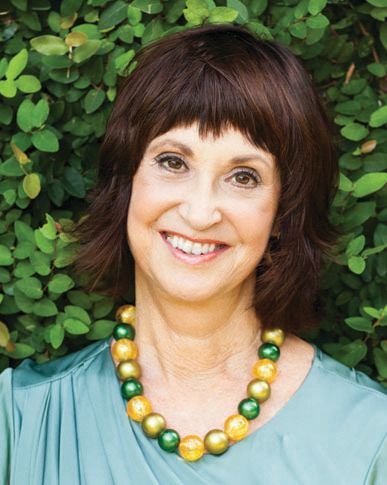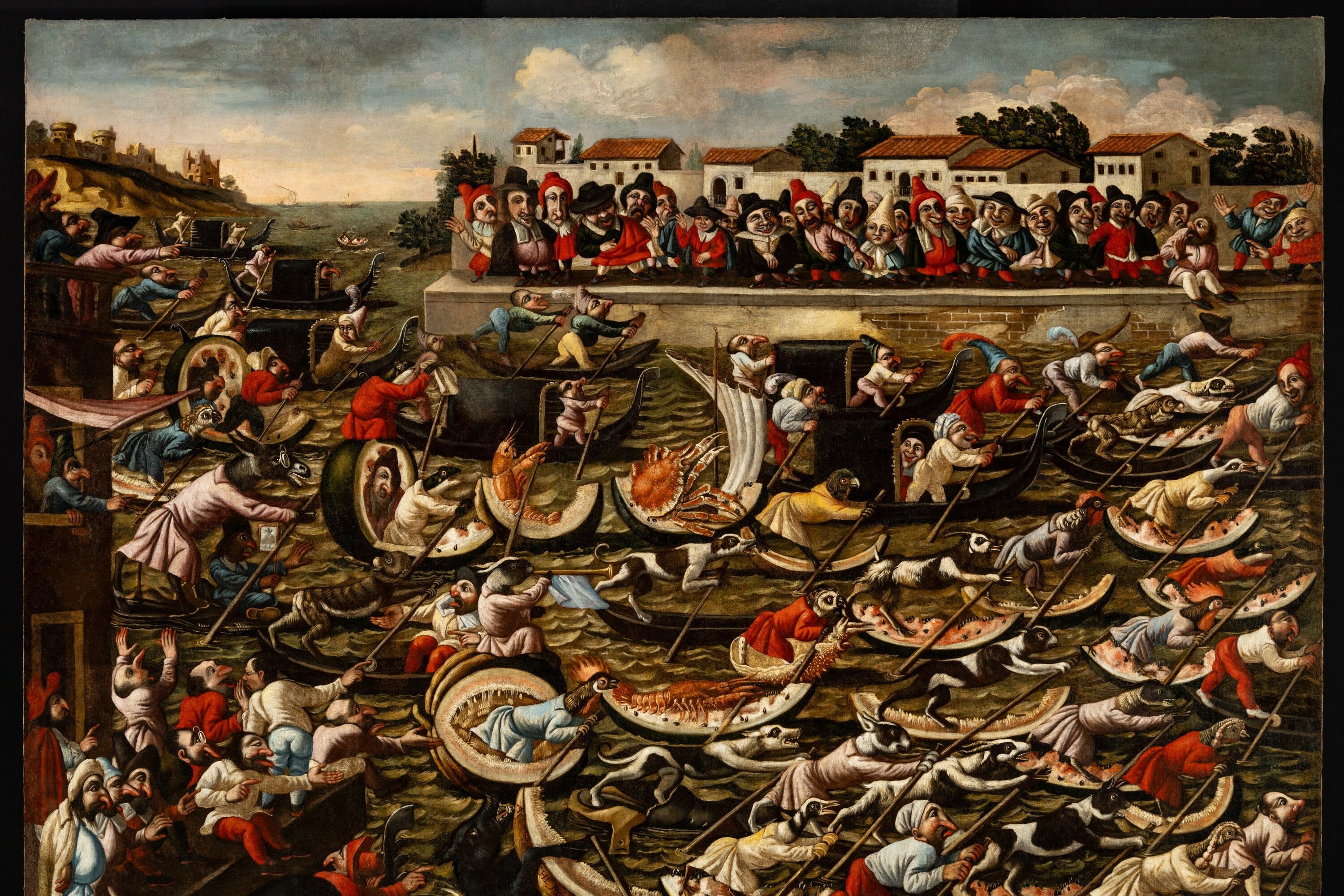From the Editor: Listening to Muslims

Pam Daniel
Image: Rebecca Baxter
I admit it, we journalists are drama queens. That TV news adage, “If it bleeds, it leads,” is crude but true. Magazines like ours may shy away from TV’s gruesome crime scenes, but we do look for stories that seethe with conflict, passion and controversy.
And that’s what writer Susan Burns and I envisioned when she decided to ask some members of the Islamic Society of Sarasota and Bradenton about their faith, their lives, and what it’s like to be Muslim in America today.
Fear—and even hatred—of Muslims are running high in our country, fueled by ISIS terrorism and fanned by political rhetoric. As Susan reports, hate crimes against American Muslims increased 67 percent last year; and as I write this, the nation is mourning the deaths of two men in Oregon, who were stabbed by a white supremacist when they tried to defend a young woman in a hijab he was assailing on a train.
And it’s not only political extremists who fear Muslims. Plenty of everyday Americans are uneasy about a culture that can look and seem so different from their own. I’m thinking about my brother, a fair-minded, easygoing guy. “Don’t you realize that women can’t even drive in some Muslim countries?” he asked me. “They’re anti-gay; in some places you can even be put to death for leaving the faith. How can you, as a liberal American woman, accept that?”
Indeed, a recent study by the Public Research Religion Institute (PRRI) found that the majority of Americans—56 percent—believe Islam’s values are opposed to American values and the American way of life. But Susan and I were struck by another finding from a PRRI study: 68 percent of Americans surveyed said they had seldom or never had a conversation with a Muslim.
When you’ve never talked to a member of a minority group—and Muslims, who make up less than 1 percent of the U.S. population, are one of the nation’s smallest religious minorities—it’s easy to see that person as a vague and threatening “other.” But what happens when you get to know the person beneath the stereotype?
That’s what Susan set out to find. Over a month or so, she spent dozens of hours in one-on-one conversations with members of Sarasota’s mosque. The only mosque in a 50-mile radius, it attracts men and women from all over the region, most of them immigrants from dozens of different countries. (Despite its multicultural make-up, the Muslim community here had a distinctly Sarasota beginning: Some of the first Muslim immigrants here were Moroccan jugglers who came to perform with the circus.)
Susan would come back to the office energized by those people, who ranged from a recent Pine View graduate to a home inspector, physician, international security consultant, retired currency trader—and one of those former jugglers. Many had fled war, poverty and oppression to come here; several had sensational rags-to-riches stories; and almost everyone said they’ve experienced a frightening new hostility towards Muslims in the last year.
So when Susan sat down to write the story, we expected the drama to crackle and flow. But what emerged was something else: portraits of men and women as complex and as ordinary as other Americans. Some are exceptionally accomplished, but they all lead quiet, everyday lives, centered around their work, their families and their faith. And the way they described that faith will seem familiar to many American Christians and Jews. They talked about deriving strength and purpose from its emphasis on humility, kindness and the interdependent brotherhood of man.
A 2011 Gallup study found that Muslim immigrants are rapidly assimilating into American society, adopting much more liberal views on social, religious and political issues than Muslims in other countries. Susan’s interviews bore that out.
“First and foremost, we are Americans,” one man stressed. That ordinary, quiet declaration lies at the heart of Southwest Florida’s Muslim community—and Susan’s story.



